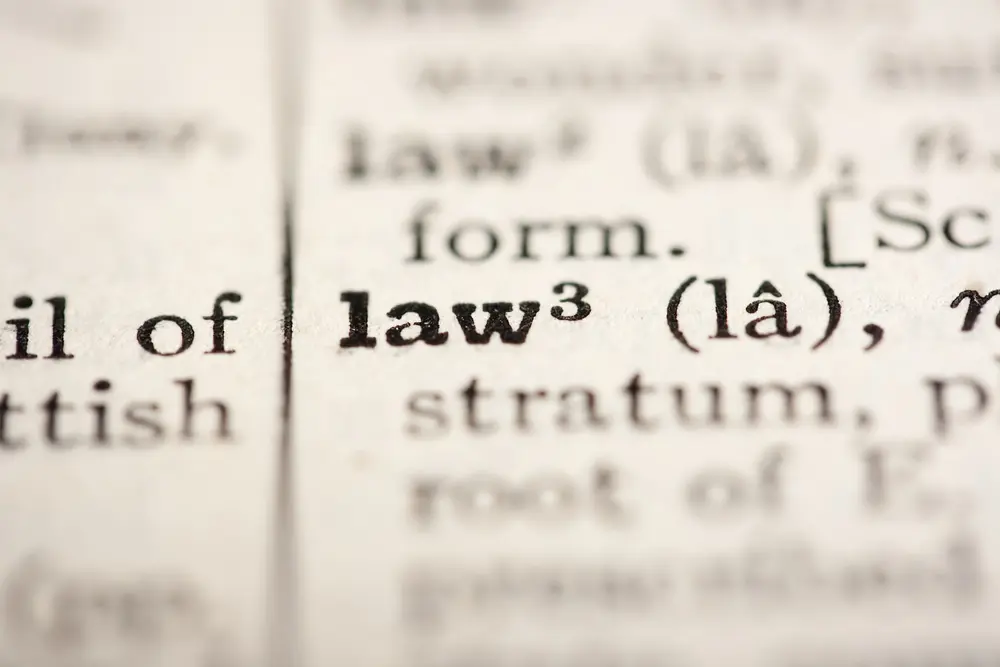What Is The Family Law Language Project UK?
The Family Law Language Project was created by Emma Nash to change how we describe, think and feel about legal issues such as divorce.
It aims to tackle issues in the language used around legal processes in Family Law such as:
- Incorrect use of terms by legal professionals which causes confusion.
- Terms which are regularly mis-understood by the public.
- Confrontational language which needlessly creates tension and conflict in situations where calming language would help things along more.
Firstly, What Is Family Law?
Family Law relates to legal matters around family relationships. This includes:
- Divorce
- Separation
- Child Arrangements
- Adoption
- Local Authority Care Orders
- Financial Settlements
Why Is Language So important?
The way people speak and write in Family Law can often be slightly aggressive and territorial.
You will notice it in possessive phrases when discussing children or assets as well as words which create a sense of conflict or battle when discussing proceedings.
If processes such as divorce did not naturally have any conflict then the use of such language would not make a difference, but unfortunately this is not the case. It is very easy for separating couples to have their perception altered slightly to viewing the whole thing as something that they have to ‘win’.
In tense situations such as this even the smallest trigger can cause arguments to flare.
Divorces are tense affairs normally and aggressive language adds to the tension over time. Normally tension is diffused by people interacting and talking but the formality of the process makes this harder.
The language we use to describe anything often shows how we are attaching emotion to the subject as well as how we expect ourselves and others to interact. For instance, formal language will create a sense that what you are doing is serious and that all parties should interact cordially.
Legal language is very formal however it is littered with words that creates competition and often forgets that the entities being discussed are actually a family of real people.
What Are Some Of The Legal Terms Often Mis-Used Or Mis-Understood?
Custody
Custody has not been used as a legal term in English and Welsh law since 1991 as it was considered so destructive.
When people hear the word custody they often think it means having control over children and that is something that people will naturally fight over.
Residence or Contact
Custody was replaced with the terms residence and contact. This referred to the parent that the child lived with/resident and the other parent that they had ‘contact’ with.
This creates a hierarchy within the divorce settlement. One parent can win by having the child resident with them.
These terms have now been replaced with “child arrangements”.
Co-Parenting
The core concept of co-parenting is that the couple succeed in separating the emotion of divorce from what is best for the children. Both parties need to take joint responsibility for raising the children which means a high level of post divorce contact.
The issue is that there is an assumption in the public, when they hear the term, that co-parenting means that the child or children will spend half of their time with one parent and half with the other. This is not the case.
For co-parenting to work, each party needs to respect each other’s decisions and parenting style and show that in respectful and positive language used in front of the child.
The couple need to communicate constantly and consult on important decisions.
This represents a significant shift away from the concept and word ‘custody’.
Common Law Marriage
There is no such thing as common law marriage in England and Wales. There are only marriages and civil partnerships.
In some states of the USA it is a legally recognised marriage where the couple have not purchased a marriage licence or had a ceremony. This is where the term most probably came to be in use in the UK.
How Can Different Language Reduce Conflict In Divorces?
Emma Nash discusses a number of different ways that solicitors can change the way that they communicate and the way that they allow their clients to communicate.
- The first thing to do is to reduce the use of words that evoke conflict and disagreement. Not using phrases such as Mother ‘verses’ Father on court documents is a good example.
- Try gently pushing couples or the media away from using ‘custody battle’. It is both inaccurate legally and frames the process in terms of a war.
- Legal communication can be very distant and formal. Try more personalised openings to correspondences, use clients’ names rather than ‘Dear Sir/Madam’. You are not trying to form an in depth emotional connection, simply reference the fact that you are speaking to human beings.
- Avoid territorial or claiming phrases such as ‘my children’, instead use “our children”. This is more accurate and reminds everyone that the discussion is about shared responsibility.
- Rather than words like ‘dispute’ or problem, use ‘issue’ and ‘challenge’.
How Will The Family Law Language Project Go About Changing The Language Used?
There are so many people involved in family law other than just solicitors.
Bringing awareness to the parties involved in UK family law will start the ball rolling. The Family Law Language Project has a website as well as a social media presence which updates regularly with informative content.
Marketing efforts such as this aims to encourage debate in professional circles online. This will bring the attention of others in the connected industries.
Links to the project’s social media pages are below:

